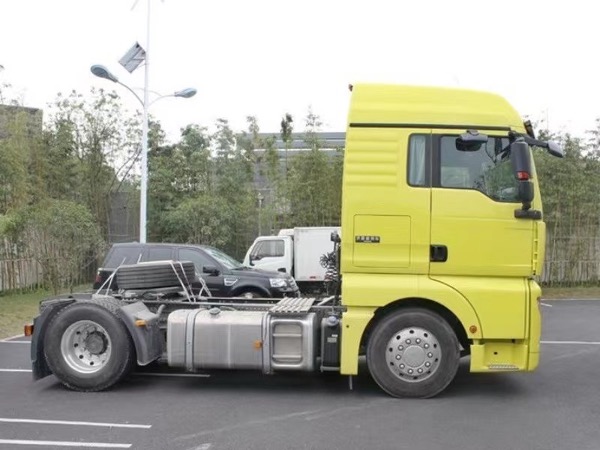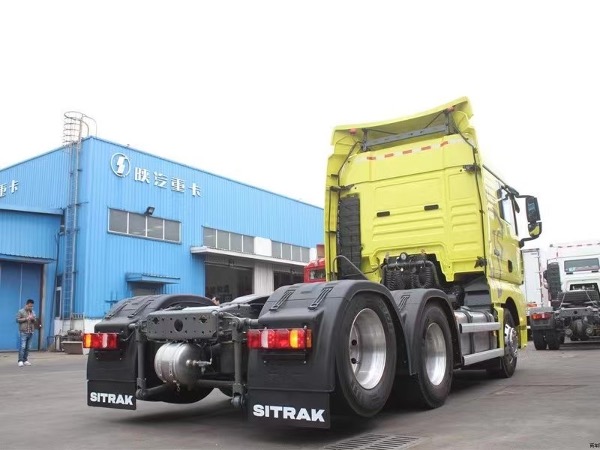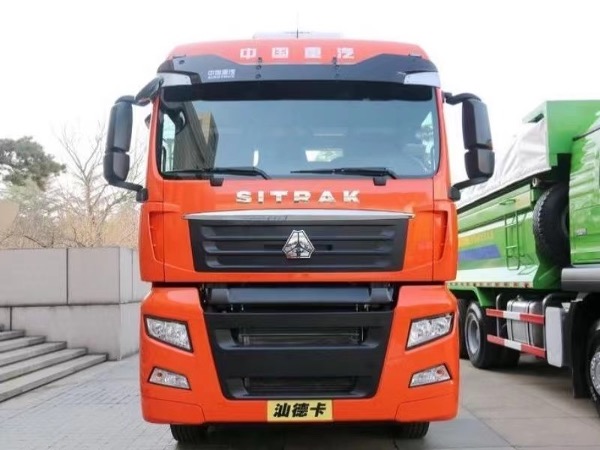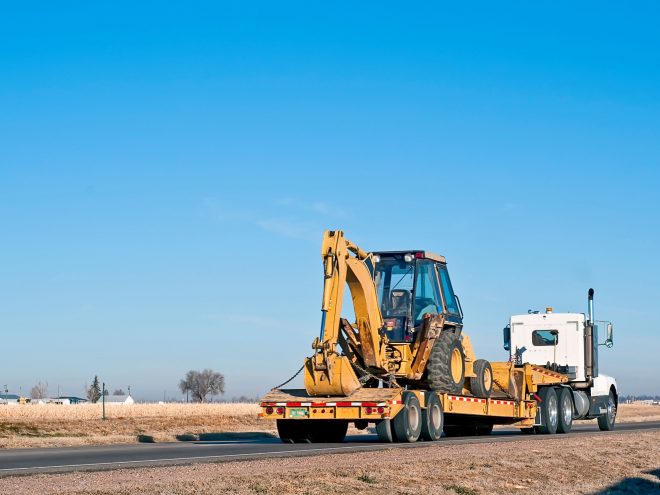
Things to remember if you’re a self-employed trucker
Many truckers associate this word with a sense of freedom and independence. There are many compelling reasons to become an independent trucker, including the ability to set your own schedule and be your own boss. Your boss will report to you. In order to run a trucking company, truck drivers must be able to handle both business and driving. You’ll need a permit if you want to work as an independent truck driver. Truck driving jobs can be found here.
Exactly what does it entail to be your own boss as a truck driver?
They share a lot of characteristics with independent truckers, but they also have significant differences. Unlike a lease contract, you’ll purchase or lease a vehicle from a third party rather than the carrier you contracted with. In contrast to an owner-operator, you will not be operating under your own DOT authority. There is no need for you to worry about fuel taxes, permits, or load insurance because most carriers take care of these things for you.
Employed as an independent truck driver under the DOT authority of an owner-operator or trucking company is a possibility. For the most part, you’ll be able to choose your own work assignments and set your own working hours. You will be in charge of running your own business, which will mean you’ll need wifi for truckers to help you manage all of your online business, as well as online paperwork.
Preparatory steps to take before taking the leap and becoming a self-employed trucker
Employees of companies, lease contractors, or owner-operators do not have the same advantages and disadvantages as independent truckers do in the industry. Here are a few things to keep in mind so that you can make an educated choice.
Some of the perks of working as a truck driver for yourself include:
- Freedom. Owner-operators don’t have to deal with the red tape that comes with running their own business, so they can focus on running their business instead of dealing with red tape.
- A piece of equipment that you own yourself. There is no obligation for you to accept the truck that your employer gives you if you do not like it. When it comes to getting what you want, you just have to be willing to pay a little more for it.
- It’s time to take a break from work. It is the driver’s responsibility to follow the rules when it comes to vacation and sick time. As an independent contractor, you have complete discretion over when and how much time you take off.
- Profitable options for doing business. You can make more money as an independent truck driver than you can as an employee of a company.
Responsibilities
We can all agree that there is no such thing as a flawless existence. Before making the leap to self-employment, make sure you’re prepared for the responsibilities that come with it. Some examples are as follows:
Authority
An independent trucker, unlike an owner-operator, typically works for a contract company rather than for himself or herself. Finding loads would be even simpler if you were generating your own power.
Insurance
A contractor is responsible for procuring his or her own insurance. Insurance for trucks, health care, and even a business are all options. Ensure that you inquire about the carrier’s insurance coverage for the load.
Paperwork
Because you’re an unincorporated business, you’ll be able to deduct some expenses from your taxable income. If you want to avoid this, you need to keep meticulous records and receipts in order to take advantage of the tax deductions. It is imperative that you keep meticulous records of your travel and work time, and that you comply with all federal, state, and local laws.
A steady flow of cash
Because independent truckers are not guaranteed a weekly wage from their employers, they are less well-served. Cutting costs and saving money, as well as managing your finances, are essential to coping with economic downturns.
Expenses
Financial support from the company with which they have a contract is not an option for independent truckers who operate and own their own equipment. Don’t forget about the possibility of unexpected costs and payment delays, so make sure you have enough cash on hand.
Contracts
On a per-job basis, independent truck drivers are hired by owner-operators and trucking companies. On the other hand, you have complete control over where and how you find and select contracts. It’s possible to find contracts in various places, including:
Load brokers
A load broker acts as an intermediary between drivers and loads. The fees these companies charge should be factored into your rates and budgets so that you are aware of them. Before you can close a deal, you’ll need to be able to perform a number of tasks.
Loads in excess
It’s possible to take overflow loads when local trucking companies have more work than their drivers can handle.
Risks
You’ll have to deal with two types of dangers as an independent trucker: paperwork and financial. There is no way to claim a tax deduction if you don’t keep accurate records. Make sure you get paid what you’re entitled to by signing contracts and getting everything in writing. It is possible to find yourself in a situation where you cannot pay your bills if you do not have a good handle on your finances.








